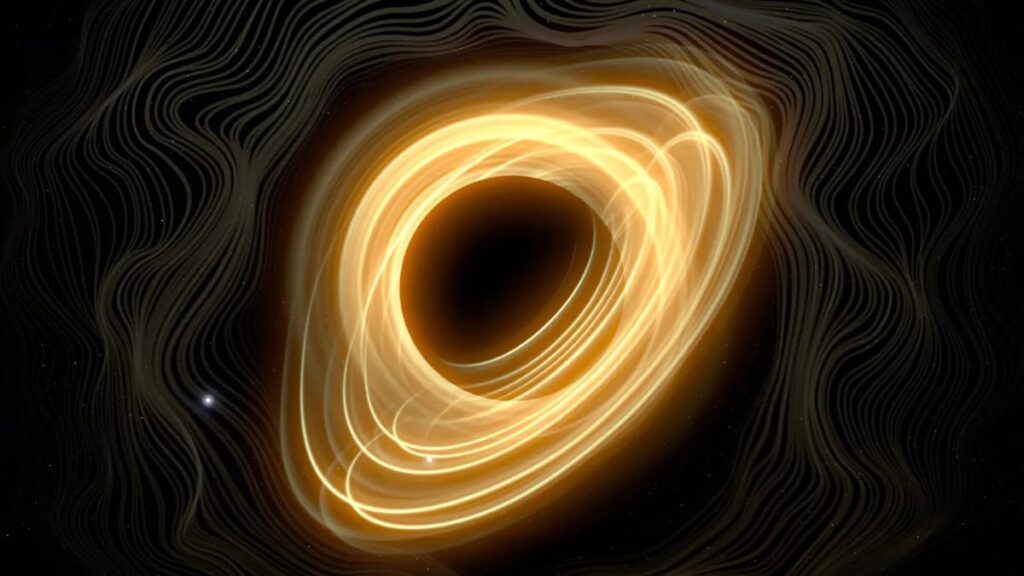
In a surprising revelation, scientists say that mobile phones and the internet may be interfering with their ability to “hear” black holes—an essential method used to pinpoint Earth’s location in space.
The Science Behind Finding Earth in Space
To accurately determine Earth’s position in the universe, astronomers rely on a technique called geodesy. It involves using radio telescopes to detect faint radio signals emitted by extremely distant black holes, often billions of light-years away. These signals act like fixed cosmic landmarks, helping scientists locate Earth’s position amidst a constantly shifting universe.
Although black holes are known for their immense gravitational pull—so powerful that not even light can escape—they also emit subtle radio waves that travel across the cosmos. Detecting these waves allows scientists to create a stable reference point from which Earth’s location can be mapped.
But there’s a growing problem.
Digital Interference from Earth
Modern-day technology—particularly mobile phones, internet routers, and wireless communication systems—produces strong radio waves that increasingly interfere with the faint cosmic signals from deep space. Radio telescopes, designed to pick up incredibly weak signals from black holes, are now being flooded with noise from man-made sources.
As mobile and internet usage continues to rise, this interference has reached a point where it’s starting to drown out the natural signals from black holes. Scientists report that their instruments are having difficulty distinguishing the universe’s faint whispers from Earth’s electronic chatter.
Why Use Black Holes in the First Place?
Everything in the universe is in motion—including stars, planets, and even galaxies. This makes it difficult to use nearby celestial objects to determine Earth’s exact location. However, black holes located billions of light-years away move so slowly relative to us that they can effectively serve as fixed reference points. Any changes in their positions would take millions or billions of years to become noticeable.
Thus, by measuring the travel time of radio waves from these distant black holes, scientists can maintain a highly accurate model of Earth’s position in space.
What’s at Stake if We Lose the Signal?
If radio telescopes can no longer detect these cosmic signals, the consequences could be far-reaching. Accurate knowledge of Earth’s position is crucial for:
GPS systems
Satellite communications
Internet infrastructure
Space navigation and exploration
A breakdown in this tracking ability could result in disruptions to internet services, weakened satellite connections, and even compromise space missions and aviation systems.
What Can Be Done?
To mitigate the problem, scientists are urging policymakers to take preventive steps. One recommendation is to restrict the development of human settlements and wireless infrastructure near radio telescope observatories. Additionally, limiting mobile and internet usage around these sensitive locations could help reduce interference.
Experts warn that while the public may not immediately notice the impact, the long-term consequences of not addressing this issue could pose serious risks to global communication systems and scientific progress.
